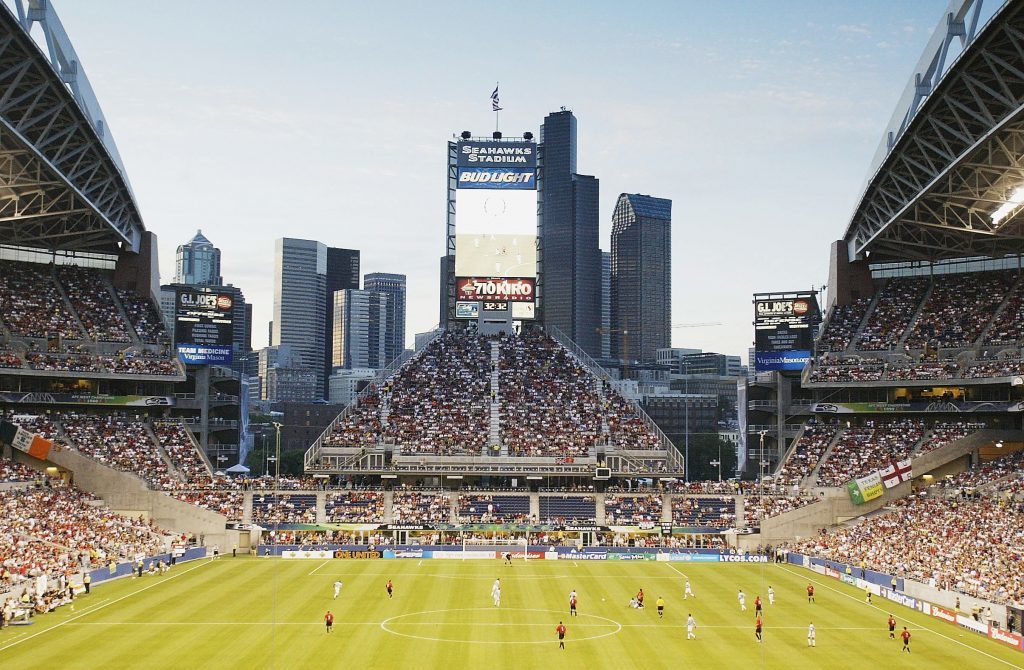With Rangers exploring a possible link up with Mexican club Chivas, might other Scottish football clubs soon become part of larger clubs in the near future, or even own other clubs, as the game continues to reflect the business world?
I suspect that many football clubs in the not too distant future will be part of multi ownership arrangements, with the larger clubs having ownership of, or a share in, several clubs of different sizes.
Whether Scotland becomes part of such a new football landscape may become an intriguing and a very vexed question, for fans who see their club as integral to their sense of community.
In England, Manchester City’s parent company, City Football Group, already own 80% of Melbourne City, as well as owning New York City FC, and Atletico Torque in Uruguay, along with a share of Yokohama F Marinos.
Atletico Madrid has agreed to become part shareholders in San Luis of Mexico, having already acquired a stake in French club Lens, while FC Monaco are major shareholders in Cercle Bruges of Belgium.
What’s to stop a Scottish giant like Celtic with their huge global presence from doing something similar?
Previously there have been suggestions that the Glasgow club might look to expand into the USA, in Boston or Philadelphia, by creating a new club or acquiring a stake in an existing outfit. With the Scots/Irish Diaspora there it could prove to be a financially astute move.
Indeed, given current American ownership at Dundee FC what’s to stop the Dark Blues linking up with an American club to strengthen their profile or brand there?
The recent suggestion that they might play Celtic in a league match in the US attracted some cynical comment, but football never stands still, and the future is likely to be markedly different from the past.
Dundee United recently secured a loan arrangement with banker and exiled New York based Scot, Alastair Borthwick. Might they extend the move further and seek a partnership with an existing, or newly created club in the States, or even look to become part of a bigger grouping of clubs closer to home in Europe, or India or China: both are massive emerging football markets.
Any European arrangement has the downside that no company or individual can have control or influence in more than one club in the same Uefa competition, but that is irrelevant to investment in other countries where football is growing.
Multi club ownership might go against the grain of the traditionalists, but for really big clubs like Celtic, it could offer increased opportunities in sponsorship, scouting and merchandising.
For the smaller clubs in any such arrangement, the chance of reducing the costs of attracting new players and freshening squads without huge cash outlays, and potentially benefiting from the increase in transfer fees at the top end of the game, could prove attractive.
Football clubs which stand still stagnate.
The traditional model of a rich local owner has been dying for years. The future for our football may well become a choice between fan ownership of community clubs, and a new breed of multi-ownership entrepreneurs.
